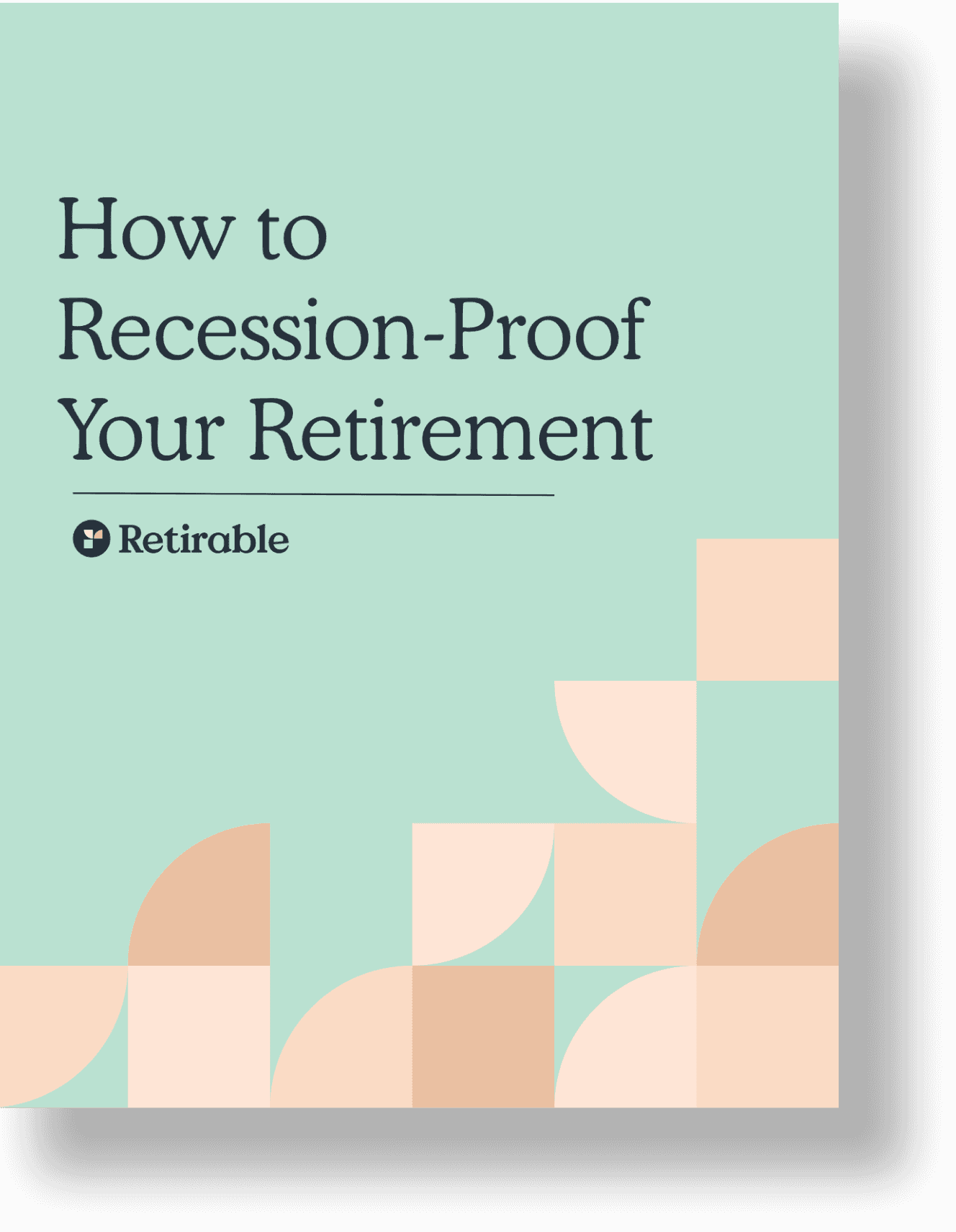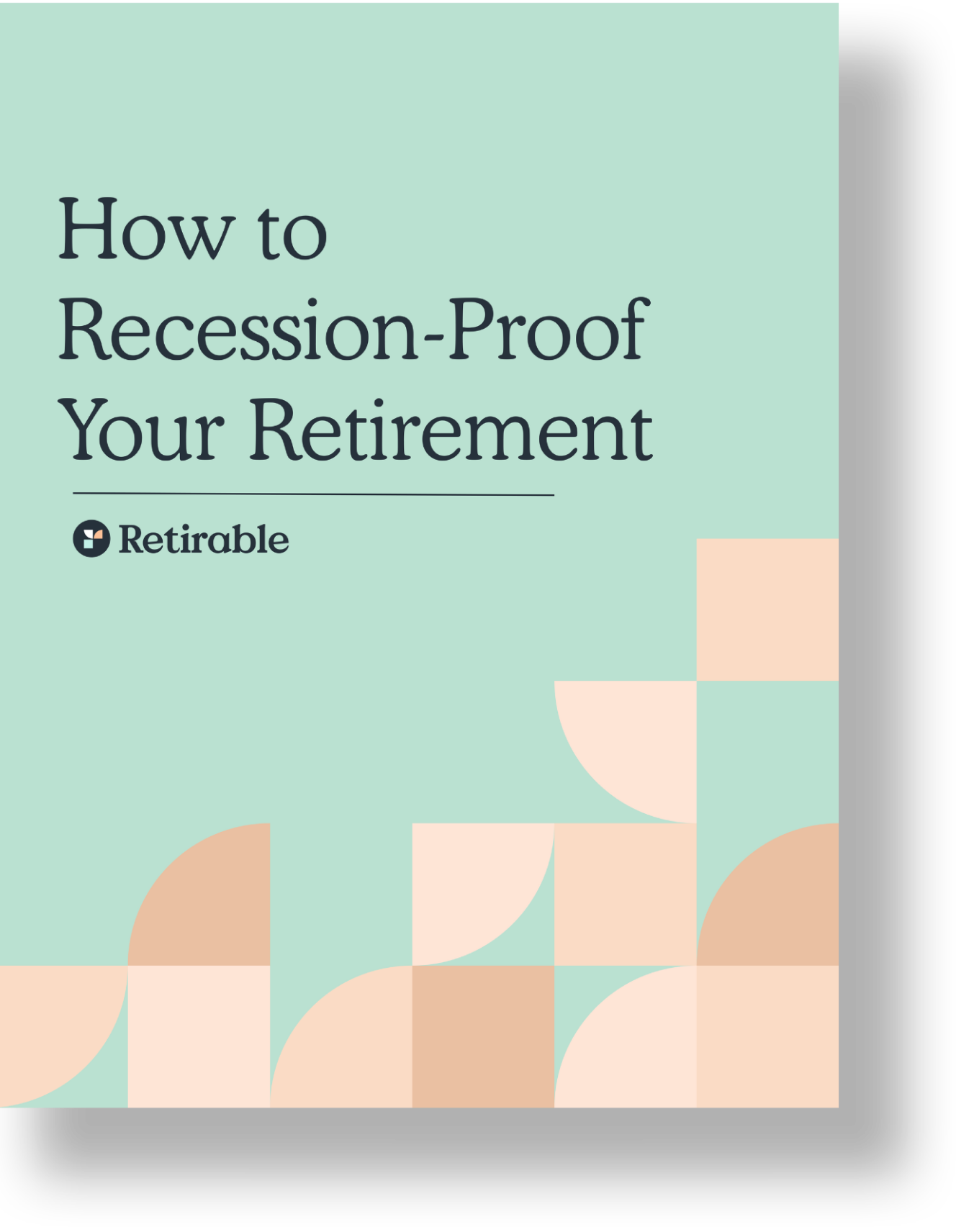Lifestyle
Retirement is a pivotal stage of life that requires careful consideration, especially for women, who often face unique challenges. Women tend to live longer than men, but they may also retire earlier, resulting in a longer retirement period with potentially fewer financial resources. Understanding these dynamics is essential for effective retirement planning.

R. Tyler End, CFP®
•
Published October 6th, 2023
•
Updated April 1st, 2024
Table of Contents
Key Takeaways
Women, on average, outlive men by six to eight years.
Women retire earlier than men but typically face longer retirements due to greater life expectancy.
Caregiving responsibilities and career gaps can lead to reduced retirement savings for women.
Planning for healthcare costs and longer lifespans is essential to ensure financial stability in retirement.
Women live an average of six to eight years longer than men but tend to retire earlier, with the average retirement age for women being 66.5 and 67.9 for men. This retirement gender gap is common in many countries. Why is the retirement age for women lower than that of men?
The Retirement Gender Gap: Why Do Women Retire Earlier?
There are four main reasons why women retire at a younger age than men:
- Women are more likely to be downsized or laid off.
- Women are more likely to be full-time caregivers for aging parents, grandchildren, or special needs children.
- Women tend to marry men who are a few years older, and they retire at the same time.
- Women may suffer poor health that results in their leaving the workforce.
Caregiving Responsibilities
Women are more likely to be primary caregivers for aging parents, grandchildren, or other family members, which can push them into early retirement. Caregiving often leads to:
- Reduced work hours
- Delayed career advancement
- Early retirement due to burnout
One study shows that women lose an estimated $324,000 in wages, Social Security benefits, and retirement savings due to caregiving responsibilities.
Workforce Gender Disparities
Women are more likely to experience layoffs and downsizing, especially during economic downturns. This stems from gender disparities in the workforce, where women are often employed in sectors such as human resources, marketing, and public relations—fields that are more vulnerable to budget cuts.
The Harvard Business Review notes that in times of economic hardship, women and minorities face higher risks of being downsized compared to men. Since women often enter managerial roles later in life, they may have less tenure and experience, making them more susceptible to layoffs. This instability can lead to early retirement for many women, further compounding the retirement gap.
Health Concerns
Health issues are another reason why women may retire earlier than expected. The demands of caregiving, prolonged stress, and physical exhaustion can worsen chronic conditions, making it harder for women to stay in the workforce. Many women face the challenge of balancing caregiving and career while managing their own health concerns, which can force them into early retirement when health deteriorates.
Women’s increased life expectancy also means they need to consider long-term health care planning more carefully, particularly since they may outlive their spouses, leaving them solely responsible for their own care.
Marital Status and Spousal Retirement
Another factor contributing to early retirement for women is marital status. Many women marry men who are a few years older, and they often choose to retire at the same time as their husbands. While this provides an opportunity for couples to spend more time together, it can reduce a woman's working years, especially if she is still in her peak earning period.
This decision can impact a woman’s retirement savings, pension, and Social Security benefits. Coordinating retirement timing with a spouse may be emotionally beneficial, but women must carefully assess whether retiring early is financially feasible in the long term.
Retirement considerations for women
Women often spend less time in the workforce. This means they earn less money during their working years which translates into less Social Security and pension benefits, and possibly contribute less to retirement accounts. One study estimates that women who retire early as a result of caregiving will lose about $50,000 in pension money with the total amount in lost wages and Social Security benefits is about $324,044. Another shows that women invest, on average, 40% less money than men do despite getting better returns.
Because women tend to spend less time in the workforce than men do, they retire at an age where they are reaching their peak earning potential. Men tend to have passed their peak earning potential by the time they retire. If women stay in the workforce until age 70, the gender gap closes. They’ll earn more money as they take on more responsibility, and they’ll earn more in Social Security benefits by delaying claiming benefits until then.
If both spouses have claimed Social Security benefits, each is guaranteed at least half of what the other would get at their full retirement age. This can be a massive retirement income boost for couples where one spouse has out-earned the other.
Planning for Longer Life Expectancies
Life expectancy for women tends to be longer than men. Women need to plan accordingly in retirement, to adjust for their longer life spans. It’s not unheard of for a woman to outlive her husband by twenty years or more. It’s important to work as long as possible and to contribute the maximum to retirement accounts. Likewise, it’s important to have a good understanding of the household retirement assets and discuss short-term and long-term retirement plans openly with a spouse or partner. Social Security benefits can make a huge difference for a woman that outlives her partner and it’s important to have a plan in place if that were to occur.
Maximize Retirement Accounts
Women should aim to contribute the maximum allowed to retirement accounts such as 401(k)s and IRAs, particularly in their peak earning years. Delaying Social Security benefits until age 70 can also increase monthly benefits by 8% per year past FRA.
Consider Survivor Benefits
Widows and widowers have access to survivor benefits, which allow them to collect their deceased spouse's Social Security benefits. Ex-spouses may also be eligible for these benefits, provided the marriage lasted at least ten years. This is an essential component of financial planning for women who outlive their spouses.
Widows and widowers can choose to keep their own Social Security benefits, or take their deceased spouse's benefits. This is known as a survivor benefit. Ex-spouses are also eligible for a survivor benefit if the marriage lasted at least 10 years.
Healthcare Costs for Women in Retirement
Healthcare is a significant retirement expense, particularly for women, who face higher long-term care costs due to their longevity. Women who retire before age 65 must also plan for health insurance coverage, as they are not yet eligible for Medicare.
Out-of-Pocket Healthcare Costs
Women retiring at 62 will need to bridge the gap between retirement and Medicare eligibility, often covering healthcare costs out of pocket for up to three years. The financial burden of long-term care is also higher for women, as they are more likely to need such services later in life.
Depletion of Retirement Funds
Many women face the challenge of their husbands depleting shared retirement accounts due to medical expenses, leaving less for their own healthcare needs. Having separate retirement savings and diverse income streams can mitigate this risk.
Boosting Financial Security: How Women Can Plan for Retirement
To ensure financial security in retirement, women must take proactive steps:
Understand Your Retirement Income
Women should have a clear understanding of their retirement income sources, including:
- Social Security benefits: Delaying benefits can significantly increase lifetime income.
- Pensions and other retirement plans: Maximizing contributions during peak earning years is essential.
Diversify Investments
Women should focus on diversifying their investments across different asset classes, such as stocks, bonds, and taxable accounts. This strategy helps mitigate risks and ensures flexibility in withdrawals.
Seek Professional Advice
Working with a financial advisor who understands the unique challenges faced by women can be a game-changer in planning for a secure retirement. Advisors can offer tailored strategies to optimize retirement savings and benefits.
Bottom line
You deserve a clear view of what your retirement is going to look like. Join Retirable today and we'll help you identify income gaps, what you can expect from Social Security, and more.
Frequently asked questions
Is there a different retirement age for women compared to men?
While women tend to retire earlier, the retirement age for Social Security is the same for both genders. The full retirement age (FRA) depends on your birth year, not your gender.
What is the full retirement age?
The full retirement age (FRA) varies depending on your year of birth. For those born in 1960 or later, the FRA is 67. For those born between 1943 and 1954, it's 66. If you were born after 1954 but before 1960, the FRA increases gradually by two months each year, reaching 67 for those born in 1960 and beyond.
Can women choose to retire earlier than the full retirement age?
Yes, women (and men) can start collecting Social Security at 62, but benefits will be permanently reduced by up to 30% if claimed before FRA.
How much is the benefit reduced if you retire early?
If you start receiving benefits before your full retirement age, your benefits are reduced by a fraction of a percent for each month you are early. For example, if your full retirement age is 67 and you start receiving benefits at 62, your benefit could be reduced by about 30%.
Is there an age at which you can receive extra benefits for delaying retirement?
Yes, if you delay receiving Social Security benefits past your full retirement age, your benefits will increase each year you delay, up until age 70. This increase is due to delayed retirement credits.
How do spousal benefits work in retirement for women?
Spousal benefits allow a lower-earning spouse to receive up to 50% of the higher-earning spouse's benefit at full retirement age. The amount of spousal benefit depends on the age at which the spouse claiming the spousal benefit retires, relative to their own full retirement age.
What about survivor benefits for widows?
Widows or widowers can receive survivor benefits starting at age 60 (or age 50 if disabled), which are based on the deceased spouse's Social Security benefits. The amount depends on the survivor's age and the benefits the deceased spouse was receiving or entitled to receive.
Are there any special considerations for women when planning for retirement?
While the retirement age and rules for benefits are the same for both genders, women often face unique challenges in retirement planning, such as longer life expectancies and potentially fewer years in the workforce. It’s important for women to consider these factors in their retirement planning to ensure financial security.
Share this advice

Tyler is a Certified Financial Planner® and CEO & Co-Founder at Retirable, the retirement peace of mind platform. Tyler has nearly 15 years of experience at leading companies in the wealth management and insurance industries. Before Retirable, Tyler worked as Head of Operations Expansion at PolicyGenius, expanding the company’s reach into new products — turning PolicyGenius into an industry-leading disability and P&C insurance distributor. Before working at PolicyGenius, Tyler worked as Wealth Management Advisor at prominent financial services organizations.
As an advisor, Tyler played an integral role in helping clients define goals, achieve financial independence and retire with peace of mind. Through this work, Tyler has helped hundreds of thousands of people get the financial planning and insurance advice they need to succeed. Since founding Retirable, Tyler’s innovative approach to retirement planning has been featured in publications such as Forbes, Fortune, U.S. News & World Report, and more.
Share this advice

Tyler is a Certified Financial Planner® and CEO & Co-Founder at Retirable, the retirement peace of mind platform. Tyler has nearly 15 years of experience at leading companies in the wealth management and insurance industries. Before Retirable, Tyler worked as Head of Operations Expansion at PolicyGenius, expanding the company’s reach into new products — turning PolicyGenius into an industry-leading disability and P&C insurance distributor. Before working at PolicyGenius, Tyler worked as Wealth Management Advisor at prominent financial services organizations.
As an advisor, Tyler played an integral role in helping clients define goals, achieve financial independence and retire with peace of mind. Through this work, Tyler has helped hundreds of thousands of people get the financial planning and insurance advice they need to succeed. Since founding Retirable, Tyler’s innovative approach to retirement planning has been featured in publications such as Forbes, Fortune, U.S. News & World Report, and more.






